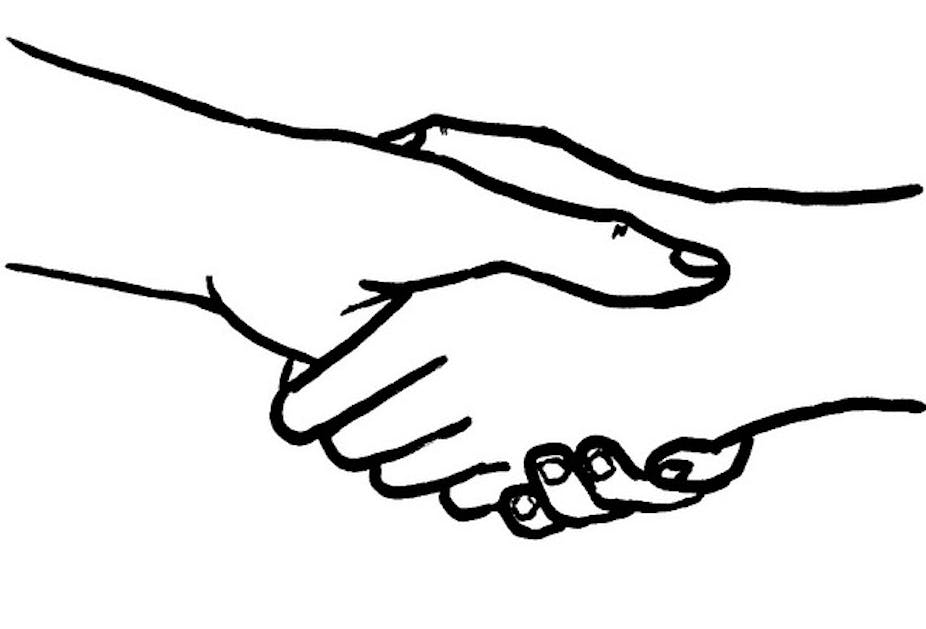If it involved the record industry we’d call it payola: undisclosed kickbacks to radio station executives, owners and disk jockeys to boost broadcasts and thus record sales. In the pharmaceutical industry it’s simply seen as a sign of the deep esteem drug makers have for medical practitioners.
Earlier this month the United States Department of Justice announced a US$3bn settlement with drug giant GlaxoSmithKline (GSK) over a range of improprieties. Contrary to recurrent protestations that GSK is a model of corporate best practice, the company has agreed that it failed to report safety data, engaged in unlawful promotion of prescription pharmaceuticals and engaged in false price reporting.
The settlement resolves GSK’s civil and criminal liability, avoiding even more costly class actions, but tells us something about the state of medicine in the United States and Australia.
Much of the media attention about GSK’s uncomfortably close relationship with doctors has centred on GSK’s (legal but unethical) ghosting of medical journal articles, editorials and research papers. GSK supports the International Federation of Pharmaceutical Manufacturers & Associations’ global ban on such publishing but continued to disregard notions of research integrity.
Is it alone? As US Senator Grassley has commented, such misbehaviour is of concern because it potentially distorts the readers’ prescribing activity, with consequent increased costs and an undue reliance on medication that may not be as effective as claimed. It also, of course, erodes the integrity of research in the life sciences.
There has been less attention to pharmaceutical payola in Australia, where benefits are received by individual medical practitioners and the owners of medical practices. (The latter are increasingly important, with the continuing shift away from the independent “family doctor” to health-centre chains where each practitioner is an employee.)
There is no public register of gifts or other relationships between practitioners and drug companies, equipment suppliers or the handful of pathology service providers that dominate the market. Financial details don’t move beyond the practitioner or investor’s lawyers, accountants and Australian Taxation Office. There’s no comprehensive and authoritative data on drug company influence over doctors.
We’d be able to more easily assess this potential influence if we had a detailed picture of the payola. But the new Medicines Australia code merely requires pharmaceutical companies to provide the “aggregate” data, a level of generality that inhibits meaningful scrutiny and action by regulators or consumers.

That’s why the GSK settlement is interesting – it throws light on the corporate behaviour we rarely see. The US Department of Justice noted that GSK “paid millions to doctors to speak at and attend meetings, sometimes at lavish resorts”. It sponsored “dinner programs, lunch programs, spa programs and similar activities”. GSK must have been reasonably confident that there would be some return on that largesse. And there’s no reason to believe GSK is unrepresentative of the pharmaceutical industry.
We might shrug off the willingness of big pharma to co-opt academics – a consultancy here, a paid presentation there – and to host practitioners at “conferences” in Cable Beach, Coolum, Hawaii or Singapore where blasé attendees reportedly engage more with a golf club than with epidemiology. That’s fine if we’re going to accord doctors the same respect as car dealers or chiropractors.
We might instead think of gift giving as a form of payola or as akin to the undisclosed “cash for comments” payments made by some of Australia’s leading financial and telecommunication companies. The upshot of inquiries about these payments was that the companies should pay for what is readily identifiable as advertising, rather than what is disguised as personal opinion and a deeply held belief on the part of the announcer.
Practitioners are unlikely to embrace greater transparency of their gifts and benefits through a publicly accessible “register of interests or benefits” akin to those covering members of parliament. But given the commitment of the drug companies to best practice in corporate citizenship – and the potential for embarrassment if there was aggressive investigation by a royal commission – they might promise to cut back the corporate hospitality that’s labelled “continuing professional development”.
Given GSK’s disregard of its own ethics code, and of industry code that’s used to justify self-regulation, we might also be less trusting in heeding such promises. Such wariness means that Medicines Australia and the practitioner associations need to tighten up both their codes and their monitoring of those codes. That’s a bitter pill to swallow, but one required for public health.

